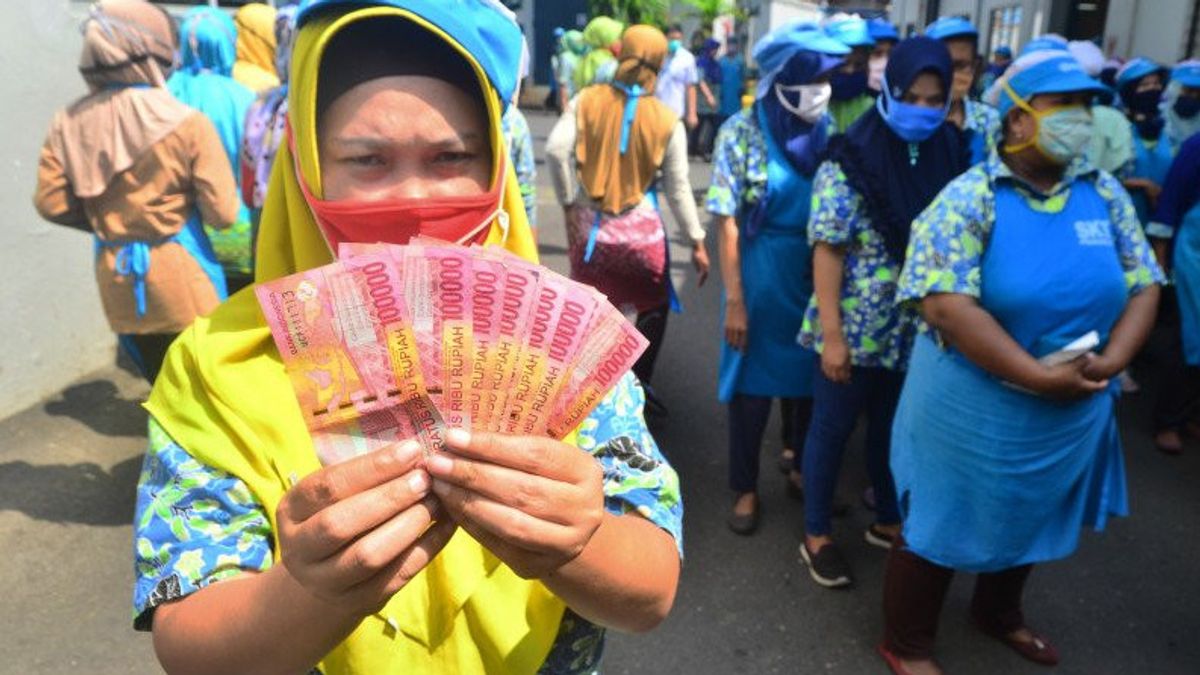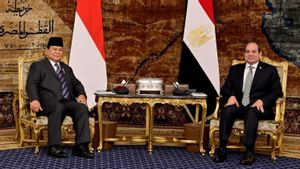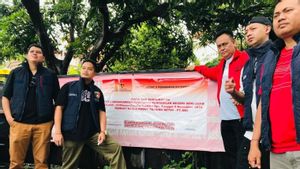JAKARTA - Economic Observer of the Center of Reform on Economics (CORE) Piter Abdullah revealed that micro, small, and medium enterprises (MSMEs) often face obstacles when starting to apply for credit and financing to financial services institutions, especially banks.
According to him, the condition occurs because the bank does not have adequate data related to the profile of individuals and types of businesses that are being run.
"Banks do not fully know customers, let alone customers who do not have a track record," he said in a webinar held by the Indonesian Economic Scholars Association (ISEI) Jakarta, Thursday, April 8.
Piter added that the challenge can be overcome by MSMEs by giving a clear picture through documentation that is arranged in order and in detail despite the simple notes.
"Our MSME friends must have a financial report or balance sheet, which is simple, it's okay to be clear," he said.
The effort is considered very useful for banks in assessing the potential risk of prospective debtors to be further given a program that suits their respective abilities.
"The goal is to give a complete picture to banks when MSMEs want to apply for credit. Without that record, banks can't do what kind of risk assessment," he said.
Broadly speaking, the economy recorded long enough to serve as a Staff of Trustees and Small Business Development of Bank Indonesia formulated two important things that must be done by MSMEs in order to apply for credit and financing can be accepted.
"First I mentioned, prepare important records of business activities carried out so that it can be studied by the bank," he added.
Then the second is to try to choose a banking institution that has a government assistance program. According to him, this is crucial enough to reduce the cost of refunds. Because, the credit program included in the government's plan has low interest rates and certain subsidies.
"A lot of government assistance programs, follow that and find out how to get it. Do not forget to consult the bank what program suits our business profile," he said.
"If you can go to BRI (Bank Rakyat Indonesia), it's the king's government bank credit for MSMEs," he said.
In addition, Piter also advises avoiding financial services institutions with small business scale to avoid swell of obligations that must be met.
"If small banks are usually rare there is a government program, and the cost of funds (the cost of raising funds) they are also large, so it impacts on the interest given to debtors," he said.
Meanwhile, another alternative that he described is by utilizing the services of PT Permodalan Nasional Madani (PNM). Piter explained that state-owned enterprises engaged in finance was indeed formed by the government to help develop micro, small, medium enterprises, and cooperatives.
"If you can not go to BRI can go to PNM. There they have a credit scheme called The Mekar Program that helps capital with fairly low interest rates. In addition to getting credit, MSMEs will also be given assistance on how to develop their business," he said.
For information, this year's government is targeting the distribution of People's Business Credit (KUR) amounting to Rp253 trillion. This amount increased from the realization in 2020 of Rp198.53 trillion.
The English, Chinese, Japanese, Arabic, and French versions are automatically generated by the AI. So there may still be inaccuracies in translating, please always see Indonesian as our main language. (system supported by DigitalSiber.id)













